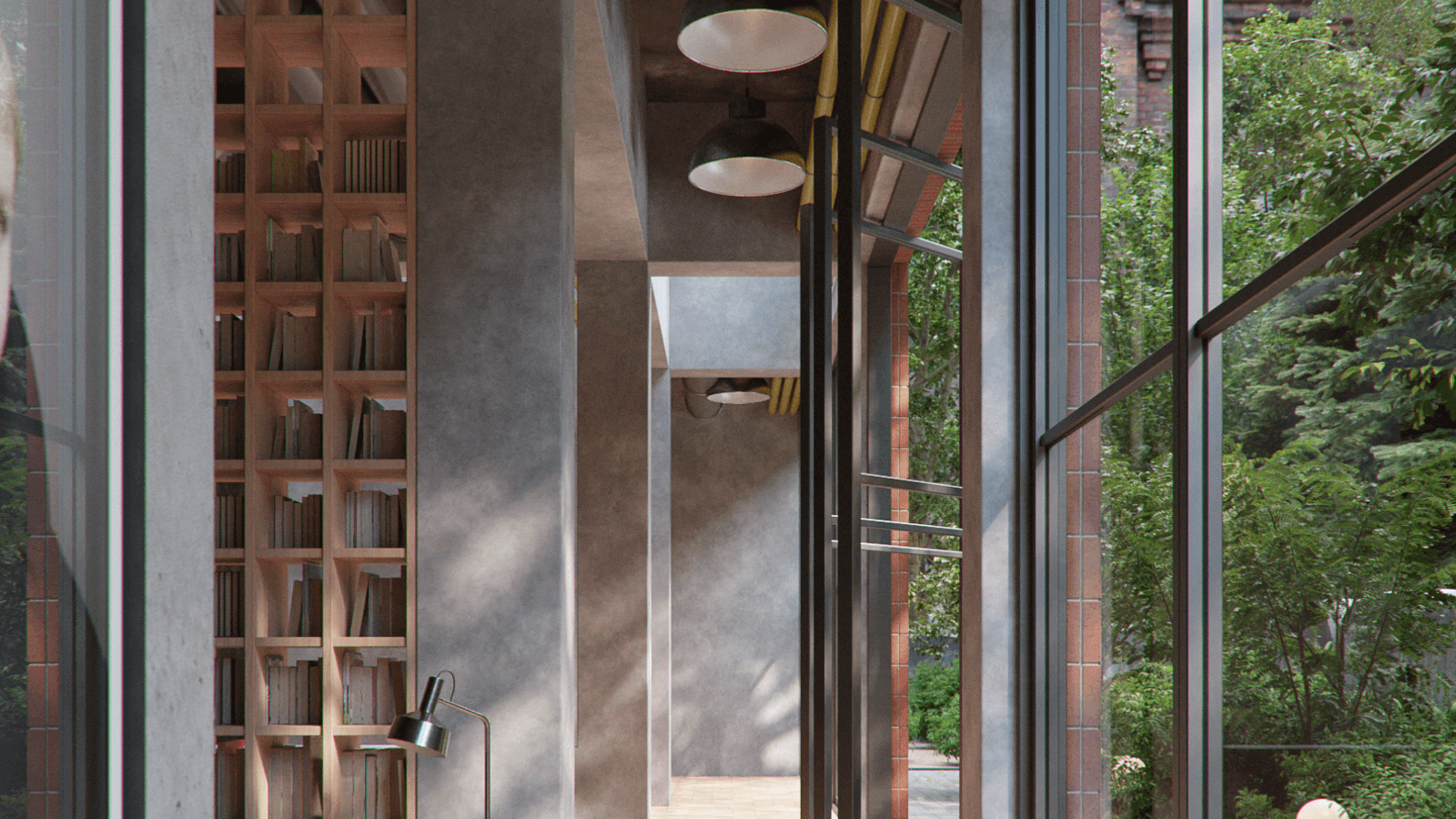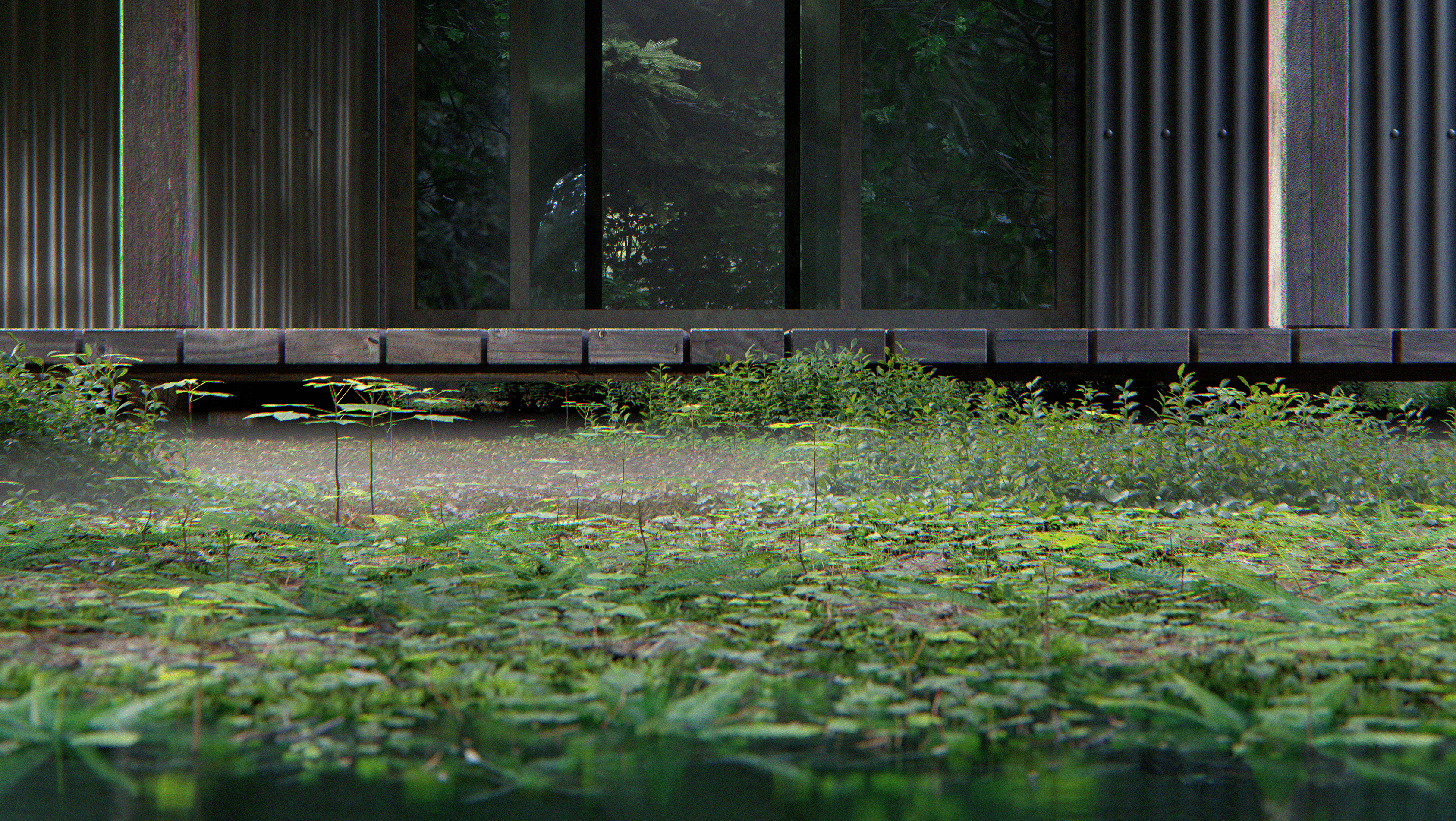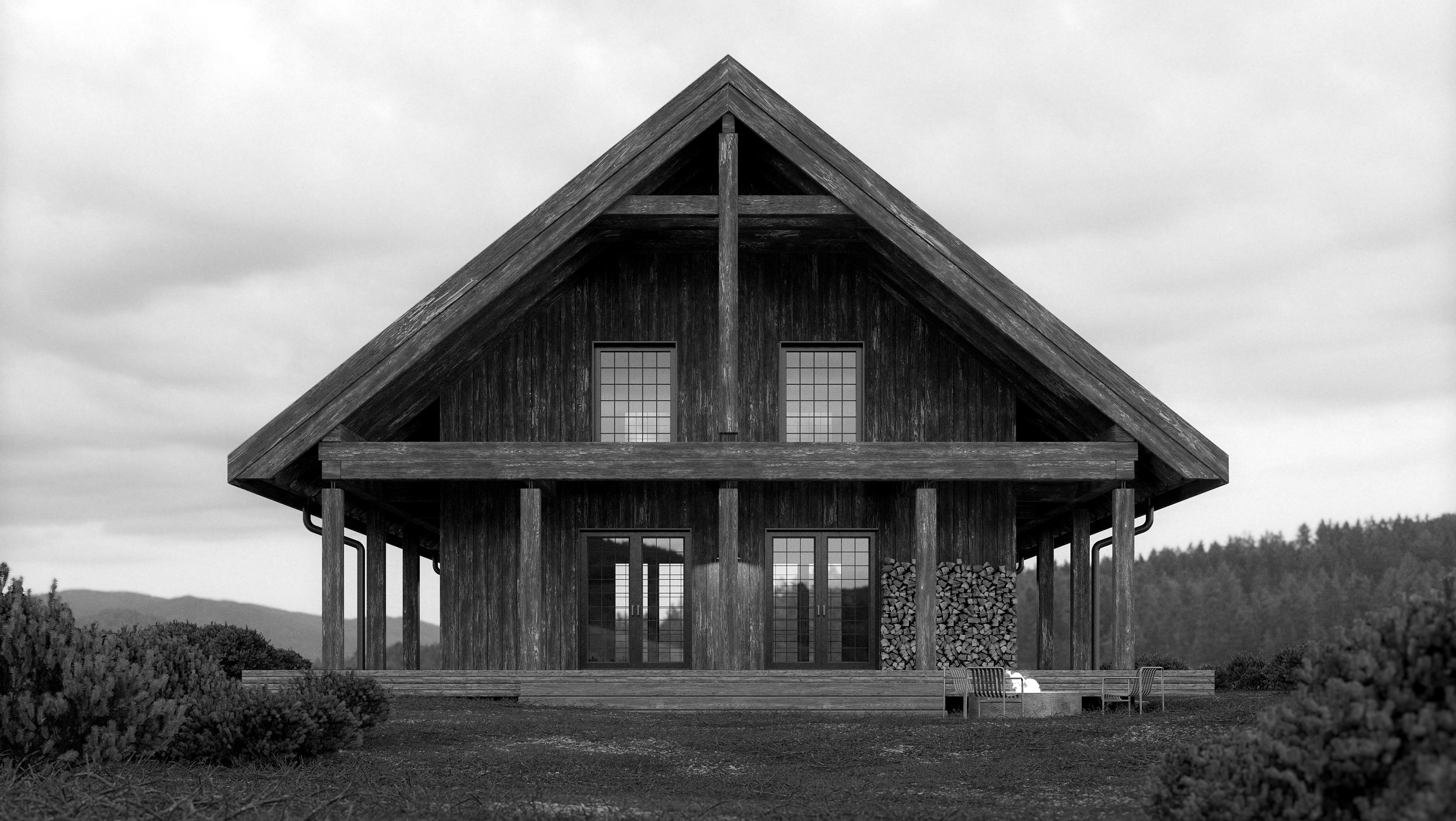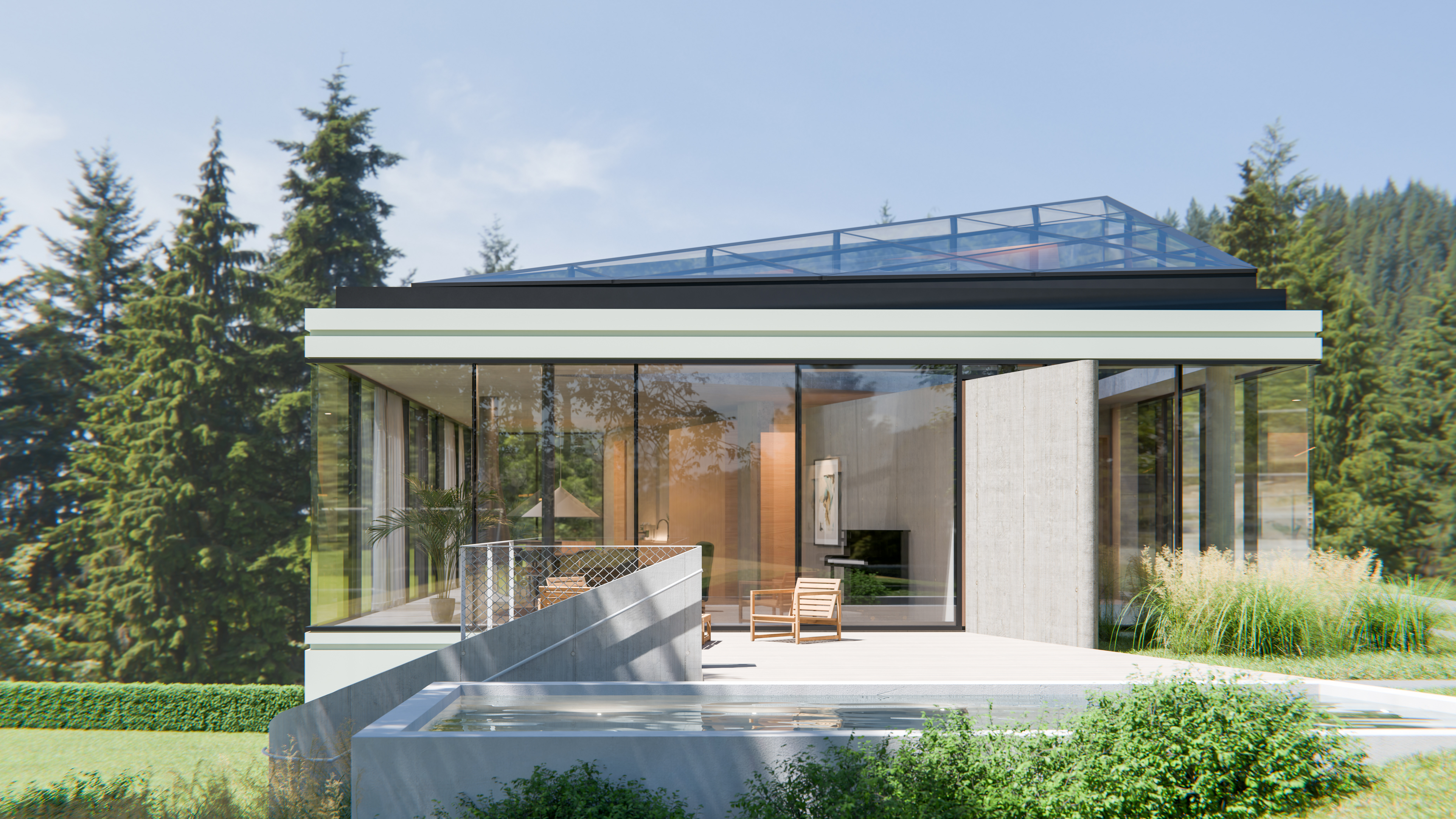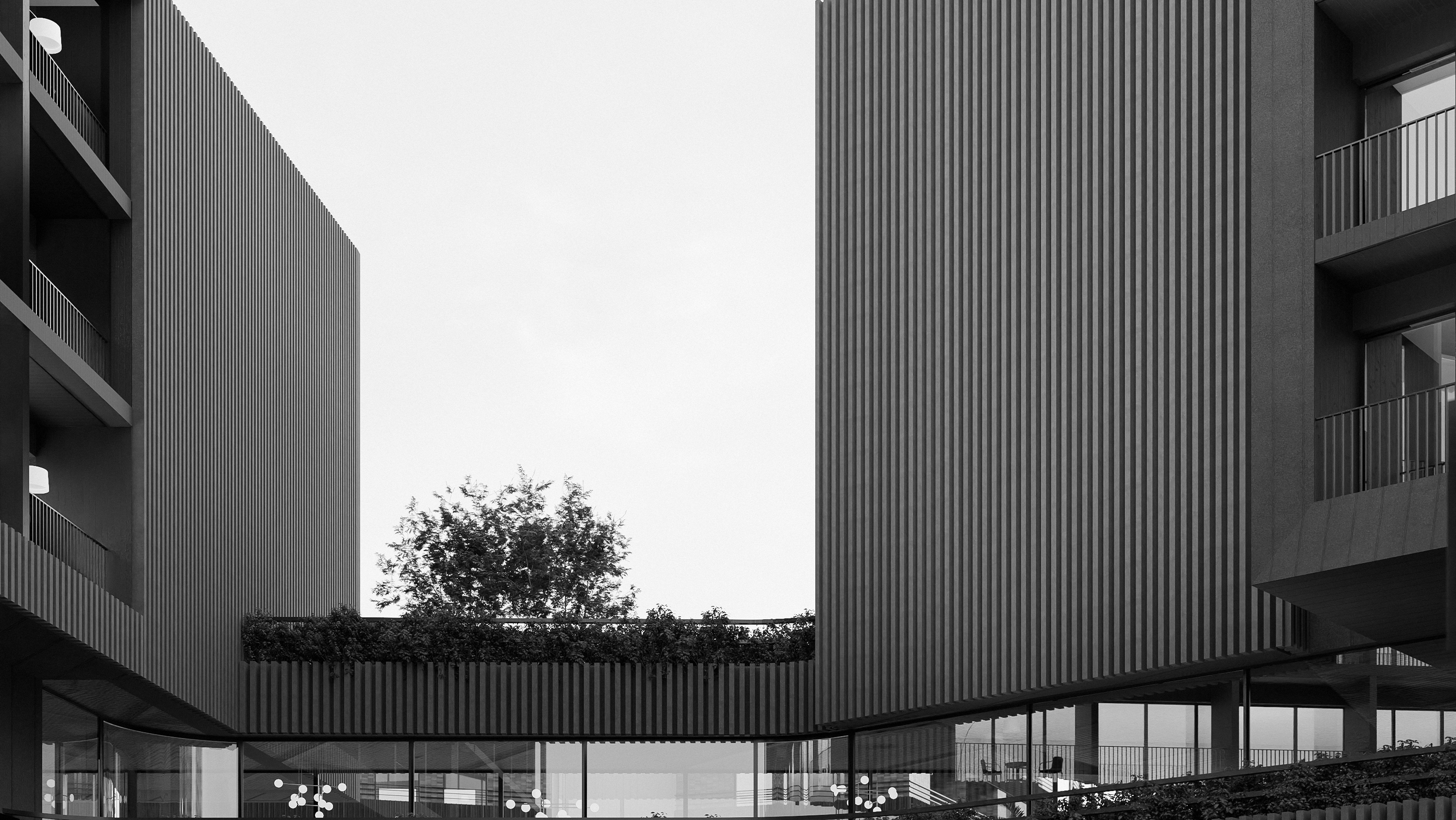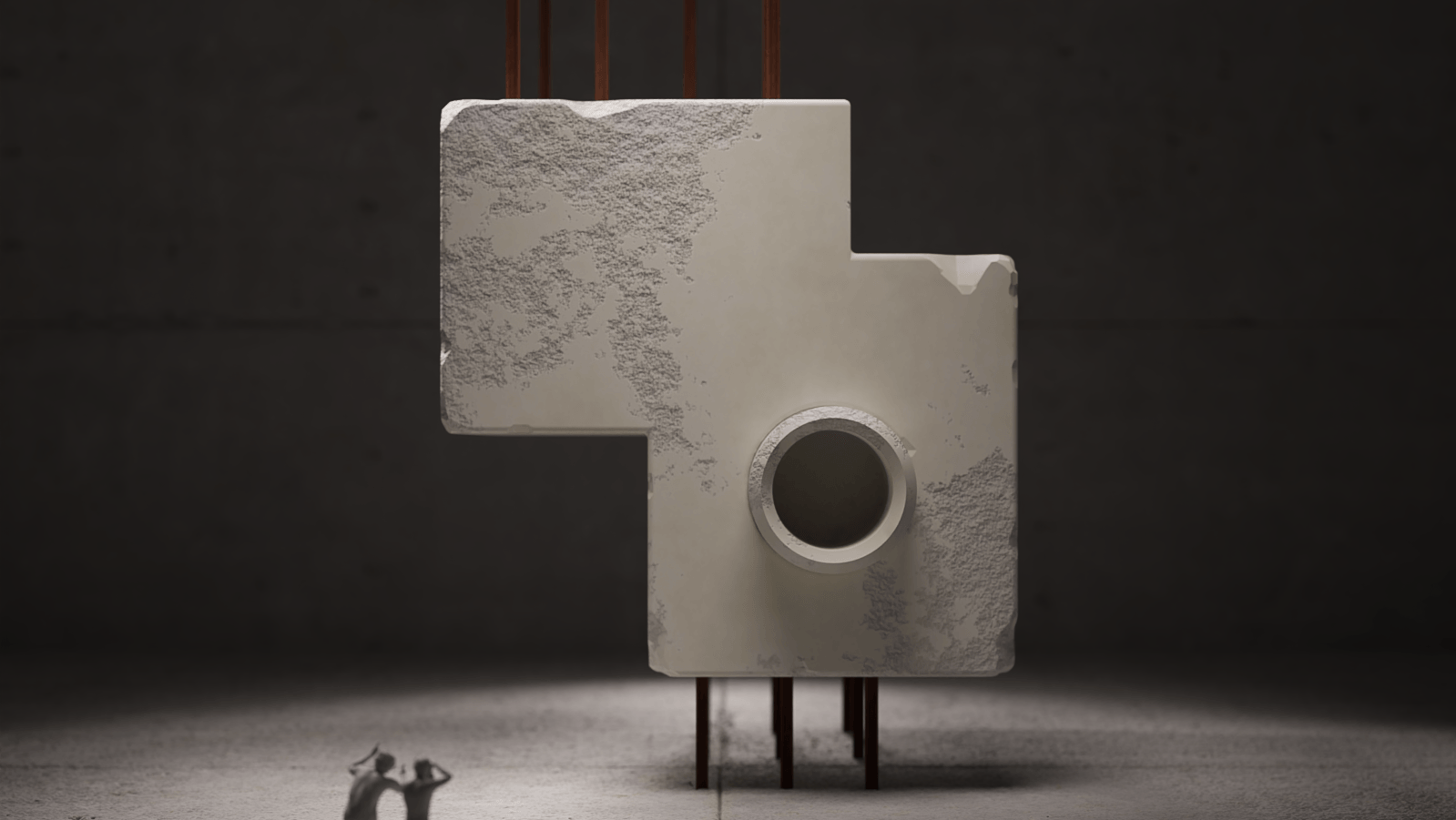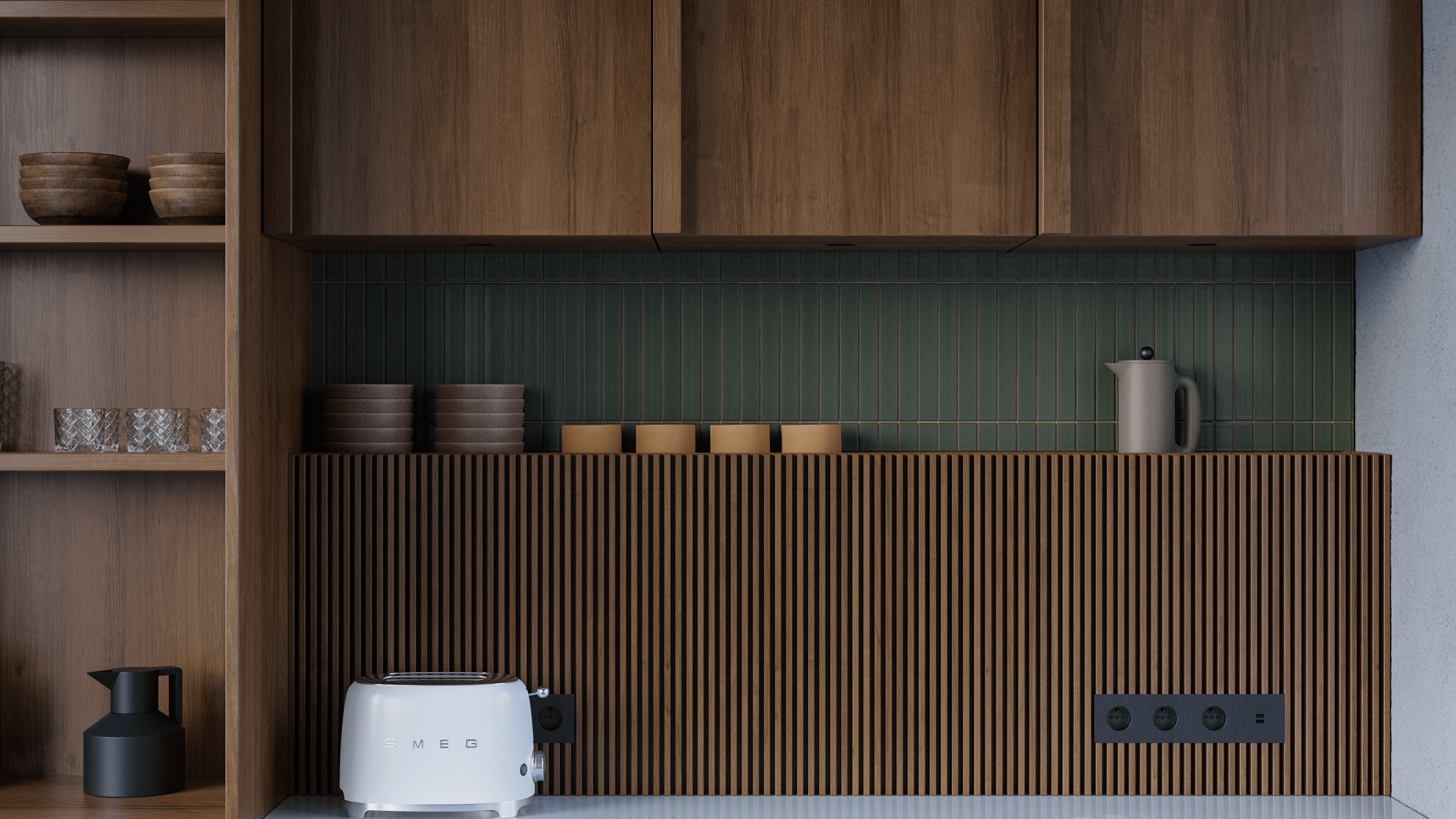Rowing centre Kąstytis ©aketuri
As the sun began its lazy descent over the cityscape of Vilnius, a city dweller set out on his joyous Saturday stroll through the bustling streets. He relished these moments of leisure, a respite from the hustle and bustle of urban life. As he meandered through the Žirmūnai district, his attention was suddenly captivated by a sight that seemed to materialize out of the surrounding greenery—a newly built rowing centre. Nestled amidst the tranquil embrace of nature, the centre stood as a testament to harmony between man and environment. The rowing centre's design, crafted from rusted metal, exuded a raw, earthy charm that complemented the natural beauty of its surroundings. The structure seemed to behave politely with the greenery, as if acknowledging its role as a steward of the land rather than a mere imposition upon it. His gaze shifted to the small port adjacent to the centre, where boats gently swayed in the embrace of the water. Here, coaches arrived by boat, their voices carrying across the river as they imparted wisdom and guidance to aspiring rowers. In that moment, the city dweller felt a profound sense of belonging—a recognition of his own affinity for the water that flowed through his veins. For him, the river was more than just a body of water—it was a source of inspiration, a symbol of resilience, and a reminder of the deep connection between humanity and the natural world.


